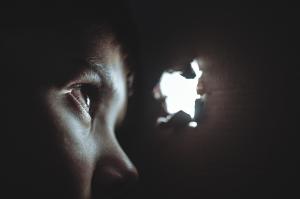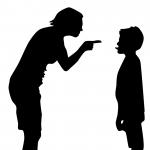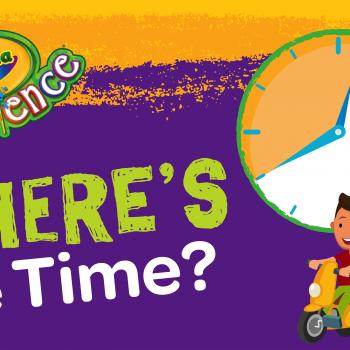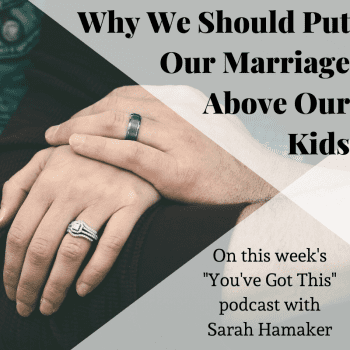What Parents Should Not Do

Because children’s and teenagers’ brains haven’t fully developed, we can’t reason with them or use methods that work with adults confronting fear. Often, those approaches simply makes the child more fearful or that his or her fear is somehow “wrong.” “Making the kid feel bad about feeling fear will only worsen the fear,” said Barlis.
Here’s what parents shouldn’t do when confronting a child’s fear.
Don’t say: “Don’t be afraid.” “Don’t be afraid” isn’t even possible for most kids because they have no idea why they’re afraid. “Kids often develop fears that we as adults consider irrational, but that are perfectly sensible to them,” added Raffi Bilek, director of the Baltimore Therapy Center. “If you are 4 years old, do you really know for sure that monsters don’t exist? Probably not.”
Don’t dismiss their fears. Trying to convince a child out of their fear using logic or reason won’t work. Bilek pointed out that dismissing their fears also “sends the message to your child that you don’t really care about what’s bothering them. These fears will subside over time.”
Don’t force kids to “face” their fear. To a preschooler who’s afraid of monsters under her bed at night, forcing her to sleep in the dark to “get over” her fear will only heightened it instead. “Parents should never respond to a fear with sarcasm and never force a child to interact with the fear. The biggest mistake parents make is telling the child the fear is not real, because it is very real to the child,” said Jenmarie Eadie, licensed clinical social worker and children’s therapist in Upland, California.












